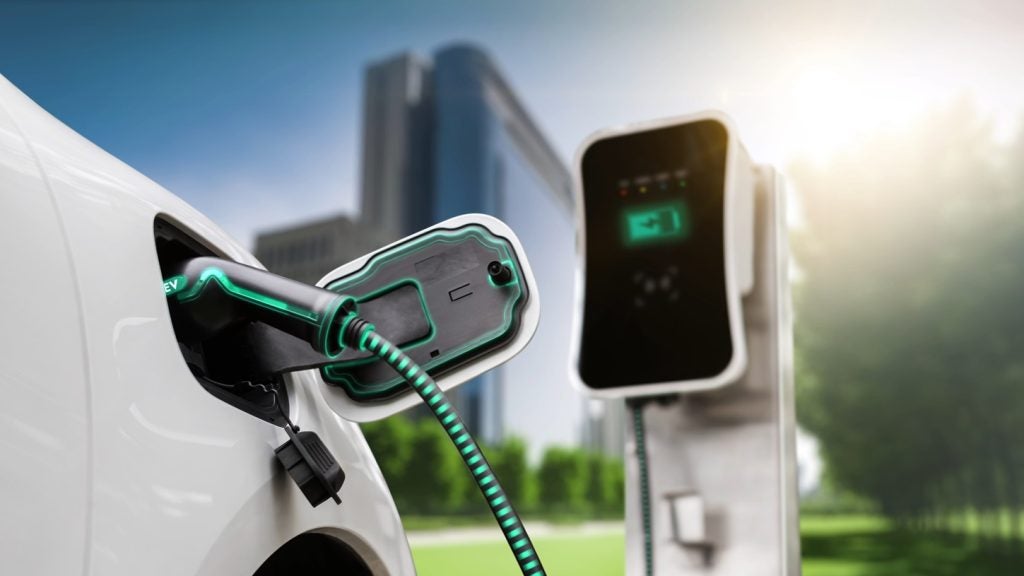
The Motor Ombudsman is the impartial body focused on handling disputes in the automotive sector. Its expertise should give accredited businesses, and the consumer, confidence that the right result is achieved based on experience and knowledge of the sector, writes Shoosmiths’ Paula Swain
The Motor Ombudsman is the impartial dispute-resolution body focused on the automotive sector.
In continuing their support for the automotive sector, Paul Kirkpatrick and Jonathan Smart of Shoosmiths LLP worked with the Motor Ombudsman to help it achieve Ombudsman status.
The Motor Ombudsman self-regulates the automotive sector through various codes of practice which are approved by the Chartered Trading Standards Institute Consumer Codes Approval Scheme. The codes are the Vehicle Sales Code, the Vehicle Warranty Products Code, the New Car Code, and the Service and Repair Code.
In order to drive up standards of work and service, resulting in peace of mind and protection to consumers, nearly 8,000 businesses are accredited to one or more of the codes. These include franchised dealerships, independent garages, warranty product providers and vehicle manufacturers.
When something goes wrong between an automotive sector business and a consumer, and provided that business is accredited, the matter can be referred to the Motor Ombudsman.
How well do you really know your competitors?
Access the most comprehensive Company Profiles on the market, powered by GlobalData. Save hours of research. Gain competitive edge.

Thank you!
Your download email will arrive shortly
Not ready to buy yet? Download a free sample
We are confident about the unique quality of our Company Profiles. However, we want you to make the most beneficial decision for your business, so we offer a free sample that you can download by submitting the below form
By GlobalDataThe service is free and gives both parties the opportunity to resolve a dispute without becoming engaged in expensive and protracted court proceedings.
The business has eight weeks to respond to a consumer complaint. After the eight-week period has elapsed, consumers can complain to the Motor Ombudsman if they are unhappy with the response, or if they have not received a reply at all.
If consumers wish to refer the matter to the Ombudsman, then they must do so within six months from the date of the final response from the business. Legally trained adjudicators will then investigate the complaint, giving both parties the opportunity to give their versions of events.
The establishment of a Motor Ombudsman means the automotive sector has its own way of resolving disputes and complaints with consumers. Since the Motor Ombudsman is a subsidiary of the Society of Motor Manufacturers and Traders, 99% of new car sales are covered.
In October 2015 alternative dispute resolution (ADR) regulations came into force, requiring traders to provide information on the availability of ADR and to advise consumers on the ADR body relevant to the sector and the nature of the specific complaint. Although traders are required by law to provide this information, they are not obliged to engage in the ADR process except where they operate in a sector which is mandated by statute or by membership of a trade association to use it.
Although the use of ADR is not mandatory to traders, it was hoped that the potential benefits in getting and keeping custom through good customer relations will encourage traders to do so.
Typically, the option to use ADR begins when the consumer has exhausted the trader’s internal complaints process and they have been unable to resolve the dispute satisfactorily.
Following the introduction of the regulations, a raft of ADR providers emerged to offer their services. The advantage for the Motor Ombudsman is that by having Ombudsman status – rather than merely being another generic ADR provider – it has a unique status in the automotive sector. Its resulting expertise should give accredited businesses, and the consumer, confidence that the right result is achieved based on experience and knowledge of the sector.
If they have not already done so and they wish to take advantage of the services offered by the Motor Ombudsman, businesses should familiarise themselves with the Motor Ombudsman via its website, www.motorombudsman.org, and seek accreditation – it could be seen as an advantage by consumers and boost consumer confidence in their dealings with the business knowing they have an extra avenue of redress.
Businesses should also deal proactively with complaints raised by consumers, reply to the consumer within eight weeks of the complaint being made if the Motor Ombudsman becomes involved, and co-operate fully with the ADR process.
Potential impact on motor finance
This question will be of particular interest to motor finance providers where quality disputes are raised.
The Vehicle Sales Code says the following: “An accredited business will meet its obligations to you under the Consumer Rights Act 2015…and will ensure your vehicle is fit for the purpose intended, of satisfactory quality and as described.
It continues: “This will not include wear and tear items where applicable for second-hand purchases and/or any defects specifically brought to your attention or that could have been reasonably identified during any examination of the vehicle that you may have undertaken before the contract is agreed.”
It goes on to say: “When you acquire the vehicle on finance your contract may be with the finance company and therefore you should always notify them of any problems you have if the accredited business is unable to assist you directly. If a contract is with a finance company they will have their own complaints process and will advise you of your right to refer the matter to the Financial Ombudsman Service where appropriate.”
With the words “if the accredited business is unable to assist you directly”, motor finance companies appear to have a route to initiate a discussion with their dealer suppliers about whether the Motor Ombudsman can play a role even where the vehicle is on finance.
A word of caution here – advice should be taken about the interplay between a consumer’s rights under the Motor Ombudsman scheme, and through FOS, and your general approach in line with your regulatory obligations. <







